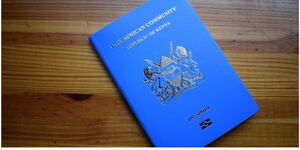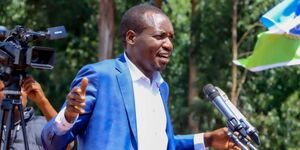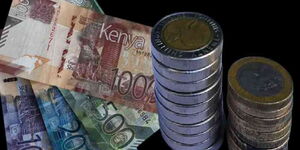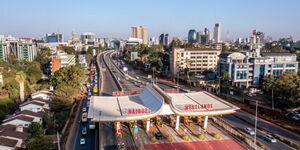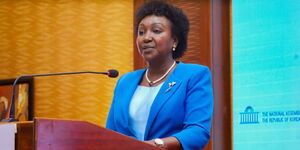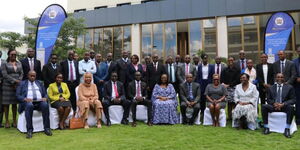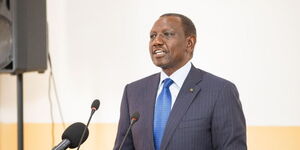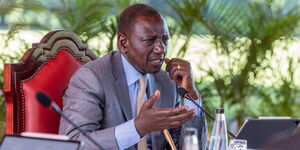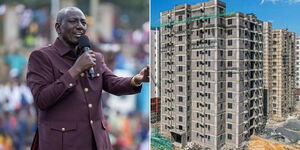The Public Budget Office has announced that the government has used almost half of its revenue to pay public debt.
The Parliamentarians have been on a cash crisis for the past few months with last Friday highlighting the extent of the impasse, after Kenya Power cut off power supply in the National Assembly due to unpaid bills.
In the report, Chair of Budget and Appropriations Committee Mutava Musyimi revealed that Sh132.5 Billion of Sh269.7 Billion collected between July and September, was used to pay the massive public debt.
The total revenue of Sh269.7 Billion collected, was less than the Sh421.3 Billion target that had been set.
A monthly revenue collection of Sh140 Billion is expected to be amassed but the report revealed that only Sh88 Billion was accrued in the month of September.
The obvious crunch for the Treasury proves to be a hard task in waiting, considering that the 2015/1016 Budget estimated a collection of Sh1.68 Trillion in the 2015/2016 financial year to finance its Sh1.94 trillion Budget.
The National Assembly Budget Commitee is set to summon Treasury Principal Secretary Kamau Thugge on Tuesday, as soon as he lands back into the country with the Treasury CS Henry Rotich to find out why the financial crisis was starting to take a toll on Kenyans.
“We are not living within our means and we are undertaking so many capital-intensive projects at the same time. Some of the projects already started have not taken off because there is no money, a sign of poor planning,” said Mandera Sentor Billow Kerrow on Wednesday.
Mr Musyimi also highlighted that the crisis began sipping into crucial bodies in the country, a situation proving to be dangerous.
“The 2015/2016 Budget is being implemented when there are a lot of pressures from demand for repayment of the public debt, catering for pending bills and high exchange rates, among other demands," the Budget Office report says.
The crisis has affected the 47 counties, commissions such as the Independent Electoral and Boundaries Commission (IEBC), the Judiciary and the Ministry of Education, which is yet to release funds for free primary and secondary education.
Read Also: Is The Government Broke?


